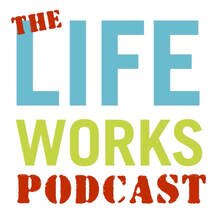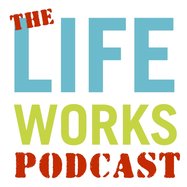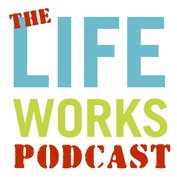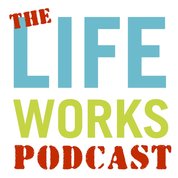|
In this episode, Adam and Jai discuss the art of deep listening. Most people greatly underestimate the importance and power of listening deeply to others. Listening to others is not just about letting people speak. It is about letting go of our own agendas and being truly present with others.
When we deeply listen, it allows the other person to self-organize. When people feel held by another's listening, they start to get in touch with what is going on within them in unexpected and powerful ways. It is tempting to jump right into problem solving, but often if we listen deeply enough we create the space necessary for individuals to find their own solutions. In some cases, people don't even need a solution. They simply need to tell someone their story. They need to be seen. They need to be witnessed. When we listen deeply we allow others to get these needs met. We hope you enjoy the episode! After the release of our first Attachment Theory podcast, many listeners wrote in to tell us how much they enjoyed our discussion and that they wanted to learn more, so we figured we’d follow it up with a Part 2! One common question we received was, “How do I improve my ability to meet my own attachment needs?” This is indeed an important question. Our ability to meet our own attachment needs is essential to maintaining healthy relationships in our own lives and to helping meet the attachment needs of those around us, including our own children. In addition to addressing these topics, we also run through a fascinating and illuminating Attachment Theory framework developed by developmental psychologist Dr. Gordon Neufeld. Without giving too much away, he proposes that there are six basic stages of attachment development, which correspond to the first six years of life:
It turns out that many of us have gotten stuck at one of these stages along the way. However, addressing those neglected needs in adulthood is possible and can be extremely effective in helping improve our relationships! Finally, we touch upon a powerful new intervention designed specifically for healing attachment wounds in adults. This technique was developed by Dr. Daniel Brown of Harvard University, which he outlines in his new book Attachment Disturbances in Adults. And, to listen to Dan Brown's powerful adult attachment meditation, called the Cherishing Visualization, you will first need to register for a free account on Dan's website. We hope you all enjoy a return to one of our favorite and most vital topics! Adam & Jai Attachment lies at the heart of the way we relate to nearly everything in the world. While a secure attachment base can help us to take appropriate risks and fully experience the world, an underdeveloped one can make much of life difficult, especially in our relationships. So what exactly is attachment? How might we bolster our own attachment base to make ourselves happier and more secure, or help others to do so? And what the heck is the "Alpha"? These are some of the basic questions that we attempt to wade through in this short but ambitious first leap into understanding Attachment Theory. Thanks everyone for listening and supporting our continued efforts to bring some deeper personal knowledge to the universe! This is truly a labor of love for us and we are incredibly grateful for all of you. If you're interested in hearing from us regularly, please subscribe to our podcast on iTunes, Stitcher, or your favorite podcast app.
In the first ever LifeWorks Podcast, Jai and Adam talk about the hottest buzzword flying around education these days: Executive Functioning. Executive Functioning is interesting because it gets to the heart of what so many people struggle with in terms of doing what we set out to do. After all, knowing the facts necessary to complete a task often isn’t the hardest part. So why isn’t knowing what to do enough? Showing up, starting tasks, finishing tasks, regulating difficult emotions, and organizing effectively are challenges for everyone, except maybe Elon Musk. But Executive Functioning can actually be broken down into individual skills that, despite popular misconception, can be learned at will. Really. You just have to know what to do. We really enjoyed making our first podcast and plan to make many more. Subscribe on your favorite podcast app or iTunes to get our future episodes! |
Archives |
554 Miller Ave. - Suite 3
Mill Valley, CA 94941
(415) 383-4412
[email protected]
© 2024 LifeWorks Learning Center LLC
Privacy Policy
Mill Valley, CA 94941
(415) 383-4412
[email protected]
© 2024 LifeWorks Learning Center LLC
Privacy Policy









